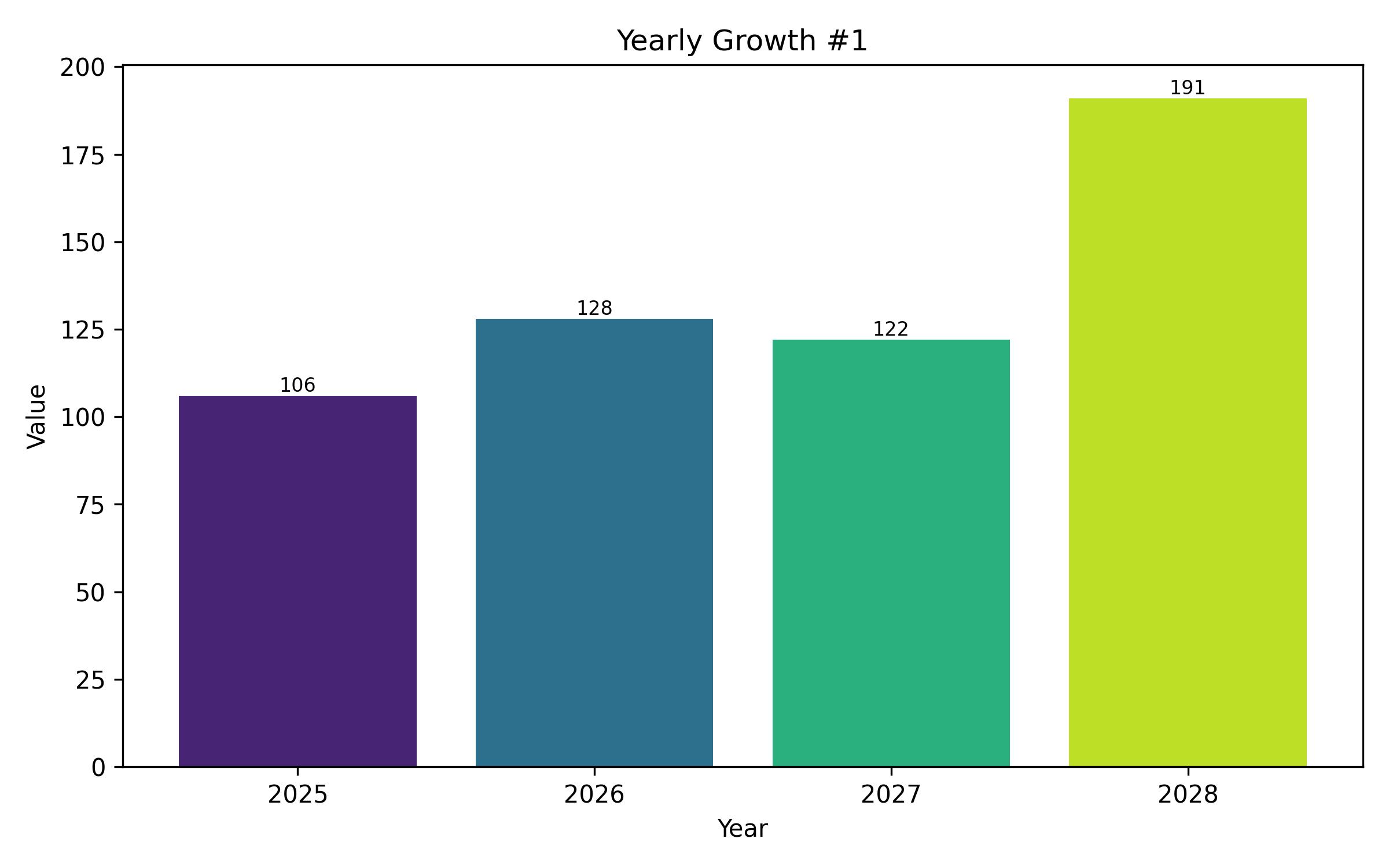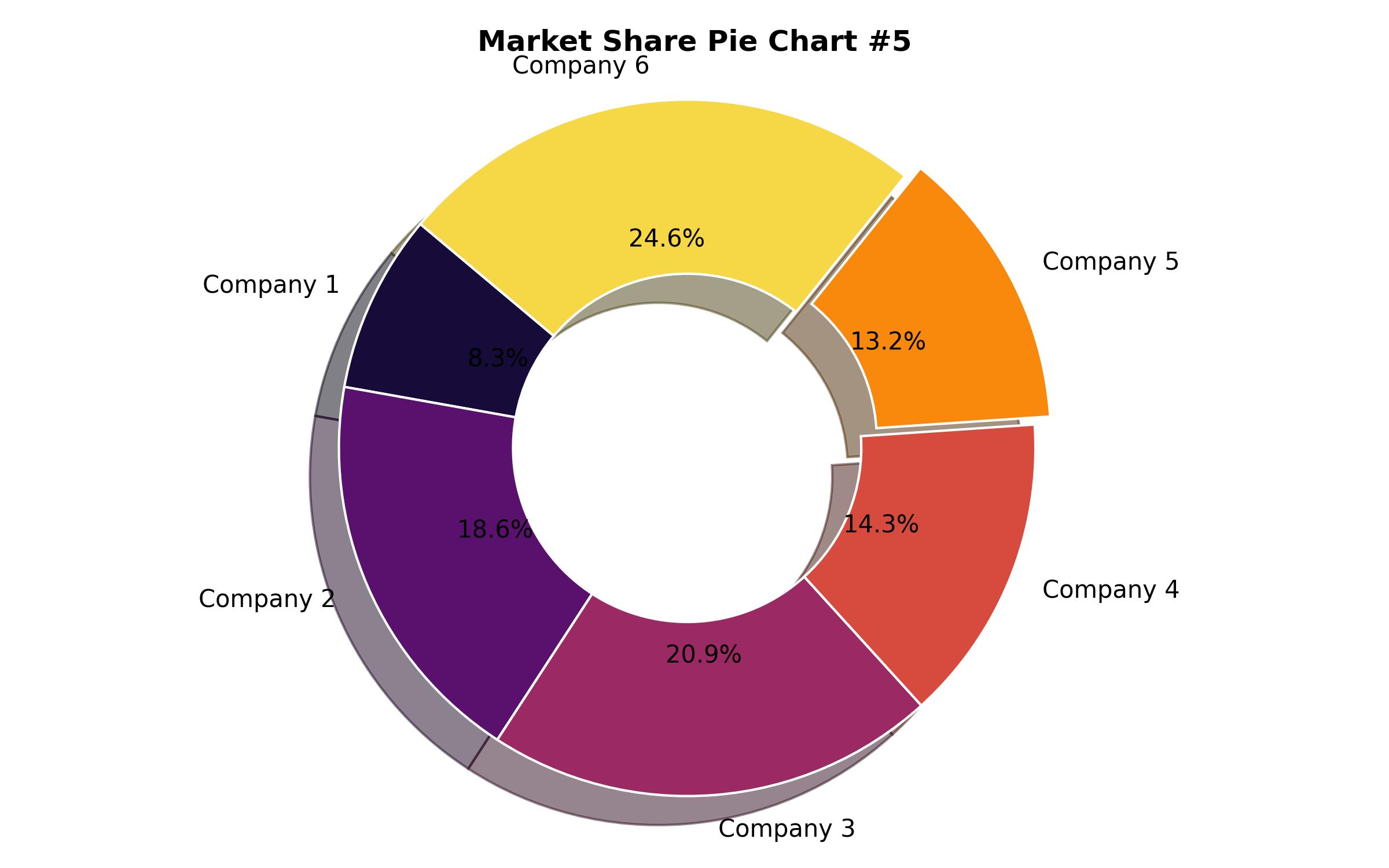Baby Oil Market: Analysis by Product Type, Ingredient Composition, Sales Channel, and Geography Through 2035
Overview:
The global baby oil market is anticipated to experience steady growth in the coming years. The market was valued at approximately USD 2,910.5 million in 2025 and is projected to reach USD 4,520.0 million by 2035, reflecting a compound annual growth rate (CAGR) of 4.5% between 2025 and 2035. This expansion is driven by increasing awareness among parents regarding infant skincare and the benefits of using baby oil for moisturizing and massage.
Baby oil products are available in various forms, including mineral oil, synthetic oil, and natural/organic oil. The demand for natural and organic baby oils is on the rise, fueled by consumer preferences for products with fewer synthetic chemicals and additives. These natural oils often contain ingredients like almond oil, coconut oil, and chamomile, known for their soothing and nourishing properties.
Distribution channels play a crucial role in the accessibility of baby oil products. Supermarkets and hypermarkets remain dominant, offering a wide range of options to consumers. Pharmacies and drug stores are also significant channels, particularly for medicated or specialized baby oils. The online retail segment is experiencing rapid growth, providing convenience and access to a broader array of brands and products.
Regionally, North America and Europe are major markets for baby oil, with high awareness and purchasing power among consumers. Asia-Pacific is expected to witness substantial growth, driven by increasing disposable incomes and a growing population of infants. Latin America and the Middle East & Africa also present opportunities for market players, with rising awareness and demand for baby skincare products.
Key players in the baby oil market include established multinational companies and emerging regional brands. These companies focus on product innovation, marketing strategies, and expanding their distribution networks to gain a competitive edge. The market is characterized by a mix of branded and private-label products, catering to different consumer segments and price points.
The future of the baby oil market is likely to be shaped by evolving consumer preferences, regulatory standards, and technological advancements in product formulation and packaging. Companies that prioritize product safety, transparency, and sustainability are well-positioned to succeed in this dynamic market.

Year On Year Growth Chart
“`html
| Report Attribute | Details |
|---|---|
| Market Size in 2025 | USD 2,910.5 million |
| Revenue Forecast for 2035 | USD 4,520.0 million |
| Growth Rate (CAGR) | 4.5% from 2025 to 2035 |
| Base Year for Estimation | 2024 |
| Historical Data | 2018 – 2023 |
| Forecast Period | 2025 – 2035 |
| Quantitative Units | Revenue in USD million/billion and CAGR from 2025 to 2035 |
| Report Coverage | Revenue forecast, company market share, competitive landscape, growth factors, and trends |
| Covered Segments | Type, nature, distribution channel, and region |
| Regional Scope | North America, Europe, Asia Pacific, Latin America, MEA |
| Country Scope | U.S., Canada, Mexico, U.K., Germany, Italy, Poland, China, India, Japan, Australia, South Korea, Brazil, UAE, KSA, South Africa |
| Key Companies Analyzed | Johnson & Johnson; Procter & Gamble; Unilever; Beiersdorf AG; Mustela; Chicco; Burt’s Bees; Himalaya Wellness; Pigeon Corporation; Sebapharma GmbH & Co. KG |
| Customization Options | Free report customization (up to 8 analysts working days) with purchase. Changes to country, regional, and segment scope |
| Pricing and Purchase Options | Customizable purchase options for tailored research needs |
“`

Key Companies Market Share
Report Coverage & Deliverables
- Market Trends And Dynamics
- Competitve Benchmarking
- Historical data and forecasts
- Value/Volume analysis
- Company revenue shares and key strategies
- Regional opportunities
This is an indicative segmentation. Please request a sample report to see detail segmentation of this market.
Detailed Market Segmentation
- By Type
- Mineral Oil
- Synthetic Oil
- Natural/Organic Oil
- By Nature
- Conventional
- Organic
- By Distribution Channel
- Supermarkets/Hypermarkets
- Pharmacies/Drug Stores
- Online Retail
- Specialty Stores
- By Region
- North America (U.S., Canada, Mexico)
- Europe (U.K., Germany, France, Italy, Poland)
- Asia-Pacific (China, India, Japan, Australia, South Korea)
- Latin America (Brazil, Argentina)
- Middle East & Africa (UAE, Saudi Arabia, South Africa)
Table of Content
- Executive Summary
- Market Overview
- Key Market Trends
- Market Dynamics
- Global Baby Oil Market Analysis, by Type
- Mineral Oil
- Synthetic Oil
- Natural/Organic Oil
- Global Baby Oil Market Analysis, by Nature
- Conventional
- Organic
- Global Baby Oil Market Analysis, by Distribution Channel
- Supermarkets/Hypermarkets
- Pharmacies/Drug Stores
- Online Retail
- Specialty Stores
- Market Analysis, by Region
- North America
- Europe
- Asia-Pacific
- Latin America
- Middle East & Africa
- North America Baby Oil Market Analysis
- Europe Baby Oil Market Analysis
- Asia-Pacific Baby Oil Market Analysis
- Latin America Baby Oil Market Analysis
- Middle East & Africa Baby Oil Market Analysis
- Competitive Landscape
- Key Company Profiles
- Johnson & Johnson
- Procter & Gamble
- Unilever
- Beiersdorf AG
- Market Structure Analysis
- Appendix
- Assumptions and Acronyms Used
- Research Methodology
